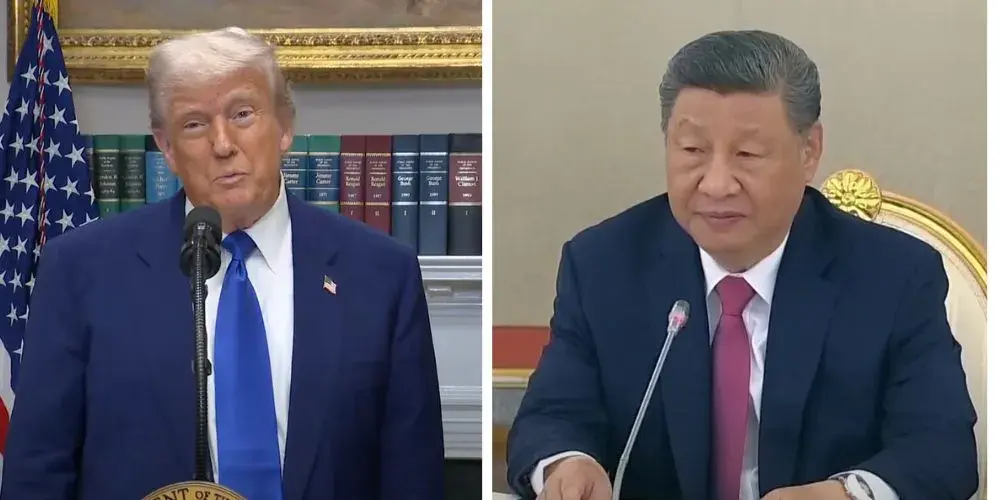On July 8, 2025, the Trump administration unveiled its National Farm Security Action Plan, a sweeping initiative to ban Chinese nationals and other foreign adversaries from purchasing U.S. farmland, citing critical national security and agricultural concerns. Agriculture Secretary Brooke Rollins, flanked by Defense Secretary Pete Hegseth, Homeland Security Secretary Kristi Noem, and other officials, announced the policy at a press conference in Washington, D.C. The plan not only prohibits future land sales to Chinese buyers but also seeks to “claw back” existing purchases, targeting approximately 280,000 acres currently held by Chinese-linked entities, roughly 0.03% of U.S. agricultural land, according to USDA data.

Rollins emphasized that foreign ownership, particularly by China, poses a “massive threat” to America’s food supply and national security. “American agriculture is not just about feeding our families but about protecting our nation from adversaries who are buying our farmland and stealing our research,” she stated. The administration highlighted incidents like a 2022 attempt by Chinese-owned Fufeng Group to buy land near Grand Forks Air Force Base in North Dakota, which was blocked due to espionage concerns. Recent arrests in Michigan of Chinese nationals for allegedly smuggling an “agroterrorism agent” further fueled the policy’s urgency.
The plan involves multiple federal agencies, including the Departments of Justice, Defense, and Homeland Security, collaborating with state and local governments. It proposes legislative and executive actions to enforce the ban, increase penalties for undisclosed foreign ownership—up to 25% of land value—and launch an online tool for farmers to report suspicious purchases. The administration also aims to secure agricultural research, end agreements with foreign adversaries, and protect supply chains from vulnerabilities like agroterrorism or intellectual property theft.
State leaders, including Governors Sarah Huckabee Sanders of Arkansas and Jim Pillen of Nebraska, praised the initiative. Arkansas previously forced Chinese-owned Syngenta to sell 160 acres in 2023, fining them $280,000 for non-disclosure. Twenty-six states already have restrictions on foreign farmland ownership, and the USDA has canceled seven agreements with countries of concern, removing 70 affiliated individuals and targeting 550 entities for similar action.
Critics, including U.S. executives of Chinese-owned firms like Smithfield Foods, argue that foreign investment supports jobs and farmers. Smithfield, owned by WH Group, accounts for nearly half of Chinese-held U.S. farmland and employs 34,000 Americans. However, bipartisan support for curbing foreign ownership has grown, with a 2023 Senate vote of 91-7 to block Chinese farmland purchases. The administration’s plan aligns with Trump’s long-stated goal to “keep control of our land,” as echoed in posts on X praising the move as a win for national security. As geopolitical tensions with China rise, the policy underscores agriculture’s role in safeguarding America’s sovereignty and food security.






